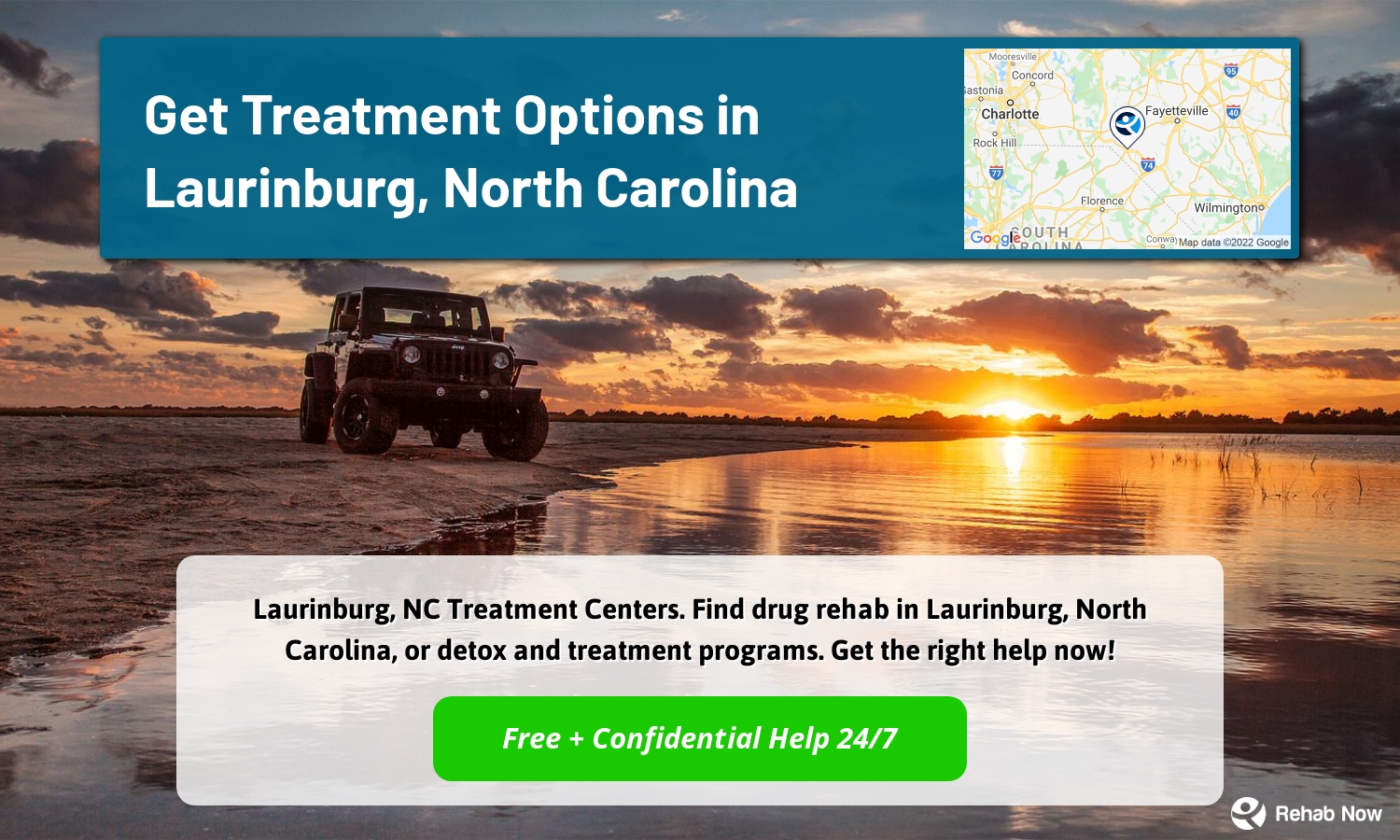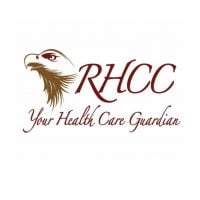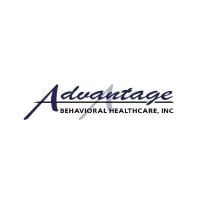Get Treatment Options in Laurinburg, North Carolina
The drug addiction problem in Laurinburg, NC is relatively bad. There has been an uptick in recent years, and local authorities are concerned about the potential consequences. In a city this size, there are approximately 1,000 people who are addicted to drugs.
The most common drugs of abuse in Laurinburg are opioid drugs, followed by marijuana, cocaine, and methamphetamine. There are also a significant number of people who abuse alcohol in the city.
The consequences of drug addiction can be devastating. Drug addiction can lead to criminal activity, job loss, and serious health problems. The good news is that there are treatment options available in Laurinburg, and people can get help for their addiction.
There is hope for recovery and a new life with a number of drug and alcohol addiction programs available throughout Laurinburg. We list many of the best drug treatment facilities and centers in Laurinburg, all with their own unique offerings.
One Call Makes This So Much Easier
We will help you find treatment based on your location, budget, and specific needs and help you get started safely.
Free + Confidential Consultation
Browse 6 Centers in Laurinburg, North Carolina
Family First Support Center - Laurinburg, located in Laurinburg, North Carolina, offers comprehensive care for individuals struggling with dual diagnosis, mental health issues, opioid addiction, alcoholism, and substance abuse through a range of treatment options including dual-diagnosis, intensive outpatient, outpatient, and aftercare support levels of care.

Generations Health Services is an addiction treatment facility located in Laurinburg, NC that provides a variety of specialized services to individuals of all levels of care to help them overcome their addiction.
Primary Health Choice - Laurinburg is an accredited addiction treatment center in North Carolina offering a range of comprehensive services tailored to individual needs, with a focus on continuing care and support.



Robeson Healthcare Corporation - Laurinburg is a comprehensive and accredited healthcare facility in North Carolina that specializes in providing personalized addiction and substance abuse services, including residential and outpatient care, evidence-based practices, holistic healing, and access to medical and psychiatric services.

Advantage Behavioral Healthcare - Laurinburg offers comprehensive care for alcoholism, opioid addiction, and dual diagnosis through various levels of care including drug rehab, dual-diagnosis, and outpatient services, with a focus on creating safe and effective treatment plans catered to each person's needs.
Generations Health Services
Generations Health Services is an addiction treatment facility in North Carolina that offers comprehensive and personalized treatment plans for opioid addiction, substance abuse, and dual-diagnosis, using evidence-based methods and providing patient-centered aftercare support.
Drug and Alcohol Treatment in Laurinburg, NC
Problems with drug and alcohol addiction are unfortunately common in Laurinburg. If you are looking for a drug or alcohol treatment facility in Laurinburg, North Carolina, there are many excellent options to choose from.
Most drug and alcohol treatment facilities offer a variety of services, including detoxification, behavioral therapy, and medication-assisted treatment. They also vary in terms of cost and length of stay.

What Types of Treatment Are Available in Laurinburg, North Carolina?
There are a variety of drug treatment options available in Laurinburg, NC. Some common treatment approaches include inpatient and outpatient rehab, 12-step programs.
Inpatient rehab provides a more immersive treatment experience. Patients live at the facility for the duration of their treatment program. This allows for around-the-clock care and support from staff members. Treatment approaches used in inpatient rehab include behavioral therapies, medication-assisted treatment, and holistic therapies.
Outpatient rehab allows patients to live at home while receiving treatment. This type of rehab is ideal for those who cannot take time off from work or family obligations. Treatment approaches used in outpatient rehab include behavioral therapies, medication-assisted treatment, and peer support groups.
12-step programs are community-based programs that offer support and guidance to those struggling with addiction. These programs are based on the 12 steps of Alcoholics Anonymous.
Drug Abuse Statistics in Laurinburg, North Carolina
There were 246 drug-related overdose deaths in Laurinburg in the last decade. This 42% increase from the previous decade is likely due to the increase in opioid abuse in the area. Of these 246 deaths, 183 were due to opioids.
In addition to the tragic loss of life, drug abuse also creates other significant problems in Laurinburg. In 2016, there were 1,512 drug-related arrests in the city. This averages out to 4 arrests per day. Possession of a controlled substance is the most common charge, accounting for over 52% of all drug-related arrests.
- 24% of all admissions to treatment facilities in Laurinburg are for opioids.
- 28% of all people in Laurinburg who seek drug treatment are addicted to more than one drug.
- 11% of all deaths in Laurinburg are related to a drug overdose.
- 21% of addictions in Laurinburg are related to alcohol.
Additional Treatment Centers in North Carolina
North Carolina ranks 29th in the nation for overall substance abuse. Many of the drugs abused in the state are illicit, and many of these are opioids. Prescription opioids are readily available due to the high rates of medical workers prescribing them. The number of prescriptions has increased tenfold since the 1980's. Opioid overdoses are the most common type of death in North Carolina.
Still haven't found the right recovery center? Browse nearby North Carolina cities.
- Hendersonville, NC (173.7 mi.)
- Horse Shoe, NC (179.3 mi.)
- West Jefferson, NC (160.7 mi.)
- Shannon, ( mi.)
- Rockwell, NC (76.0 mi.)
- Fayetteville, NC (39.0 mi.)
- Dunn, NC (61.5 mi.)
- Red Springs, NC (16.6 mi.)
- Lakeview, NC (34.4 mi.)
- Windsor, NC (165.9 mi.)
- Warrenton, NC (135.1 mi.)
- Belmont, NC (94.8 mi.)
- Charlotte, NC (78)
- Greensboro, NC (58)
- Raleigh, NC (56)
- Durham, NC (56)
- Wilmington, NC (50)
- Fayetteville, NC (48)
- Asheville, NC (41)
- Winston Salem, NC (29)
What Are the Signs That Someone Needs Drug Treatment?
There are a number of signs that someone may need drug treatment. Some of the most common signs include:
- Using drugs despite negative consequences
- Having trouble controlling drug use
- Feeling unable to stop using drugs even if you want to
- Needing more and more of the drug to get the same effect
- Experiencing withdrawal symptoms when you stop using the drug
- Having problems at work or school because of drug use
- Having legal problems due to drug use
- Engaging in risky behaviors while under the influence of drugs
- Having mental health problems like depression or anxiety
If you or someone you know is experiencing any of these signs, it may be time to seek drug treatment.
How Successful Are Drug Treatment Programs?
The success of a drug treatment program depends on many factors, including the severity of the addiction, the type of drug abused, and the length of time the person has been addicted. However, most drug treatment programs are successful in helping people overcome their addiction and regain control of their lives.
According to the National Institute on Drug Abuse, about 40-60% of people who receive treatment for addiction relapse within six months. However, this number decreases significantly if treatment is continued for a year or more.
The goal of drug treatment programs is to help people overcome their addiction to drugs and return to a healthy and productive life. Drug treatment programs provide comprehensive care that includes counseling and therapy as well as support from peers who are also struggling with addiction.
What Types of Drugs Are Treated in Drug Treatment Programs?
Most drug treatment programs treat three types of drugs: opiates, stimulants, and depressants. each drug has a unique mechanism by which it alters the brain, and each presents its own set of challenges for those struggling with addiction.
Opiates are drugs derived from the opium poppy plant. They include both prescription painkillers like morphine and oxycodone, as well as illegal street drugs like heroin. Opiates bind to opioid receptors in the brain and produce feelings of euphoria and relaxation.
Stimulants include drugs like cocaine and methamphetamine that speed up the central nervous system. They increase heart rate, blood pressure, and body temperature, and can cause paranoia and hallucinations.
Depressants are drugs that slow down the central nervous system. They include prescription medications like Valium and Xanax, as well as illegal drugs like GHB and Rohypnol. Depressants can be fatal in high doses.
Most drug treatment programs also treat co-occurring mental health disorders, such as depression and anxiety.
Why Drug Treatment Programs Use Medication-Assisted Treatment?
Medication-assisted treatment (MAT) is the use of medication to help people overcome their addiction to drugs. MAT uses medications like methadone, buprenorphine, and naltrexone to reduce cravings for drugs and help prevent relapse.
MAT is often used in combination with behavioral therapies and support from peers. It has been shown to be the most effective treatment for opioid addiction, and it can also be successful in treating addiction to other drugs.
MAT is safe and effective, and it allows people to focus on their recovery without having to worry about withdrawal symptoms. It also helps to reduce the risk of overdose, which is a major problem in the United States.
Do Government-Funded Drug Treatment Programs Exist?
Yes, there are a number of government-funded drug treatment programs available in Laurinburg and throughout the United States. These programs are funded by the federal government and offer free or low-cost treatment to those who qualify.
The Substance Abuse and Mental Health Services Administration (SAMHSA) is a federal agency that provides funding for drug treatment programs. SAMHSA funds over 11,000 drug treatment programs across the country.
The National Institute on Drug Abuse (NIDA) is another federal agency that provides funding for drug treatment programs. NIDA funds research on drug addiction and provides information on the latest treatments and therapies.
In Laurinburg, the Scotland County Department of Social Services provides funding for drug treatment programs. These programs offer free or low-cost treatment to those who qualify.
Laurinburg, NC Treatment Centers. Find drug rehab in Laurinburg, North Carolina, or detox and treatment programs. Get the right help now! (888) 674-0062.



